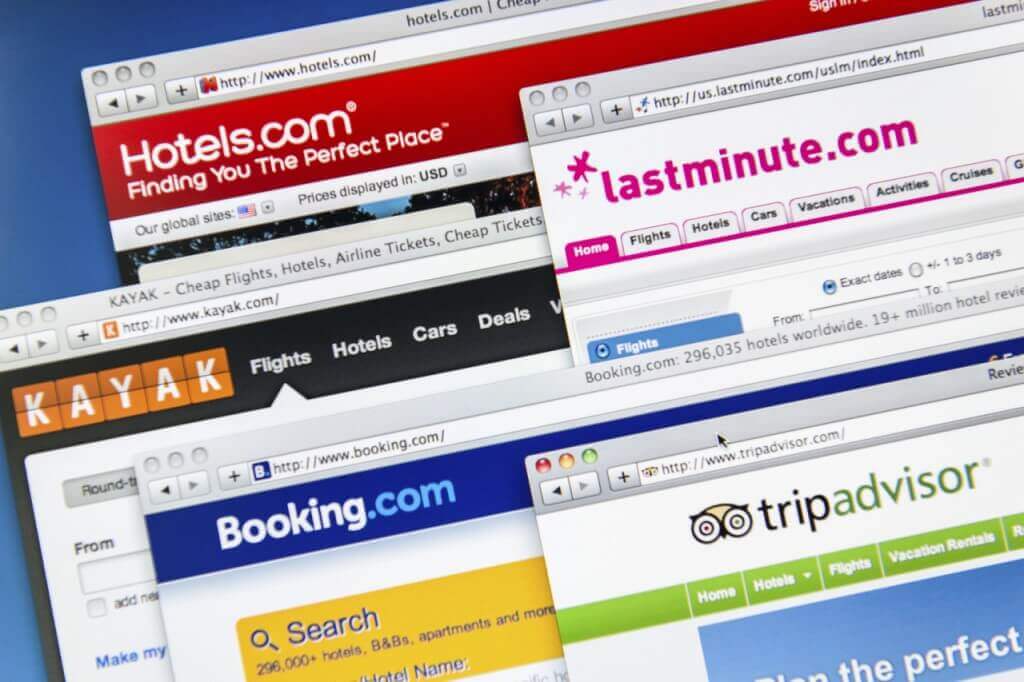
In the 20-some years since Microsoft launched Expedia, we have seen a lot of changes in the online travel agent space. There have been so many startups, each offering some minor evaluation or a unique twist on the Online Travel Agent model.
We’ve seen the invention of META search. We’ve seen TripAdvisor evolve from a helpful resource into a real competitor of the OTAs. We’ve seen Google continue to get more aggressive and begin to take hotel bookings seriously. And, we’ve seen lots and lots of consolidation as Priceline and Expedia jockey for top-spot.
Whether you love them or hate them, most people would say that the OTAs have become a dominant force in the industry because of their sheer size and because they have infinitely more resources at their disposal than a single hotel property can ever imagine. Some may also say that OTAs have not helped increase the total volume of travel and therefore have become a totally unnecessary middleman – a middleman that does nothing more than suck the profits of the hotels.
The truth is that OTAs arouse out of the ashes of a very broken economy. We were in a major recession, travel was in decline, and hotels were desperate to drive new business. To be fair, at the time, the OTAs probably saved a lot of properties from bankruptcy.
Back then, search engines weren’t nearly as sophisticated and neither were consumers. For years, hotels had relied on aggressive marketing to their existing guest history database for business. They found themselves in a scenario where they needed to drum up an increase in new business and they had limited ability to do that on their own. They had no choice but to turn to their knight in shining armor, the OTAs. But, that was then and this is now.




